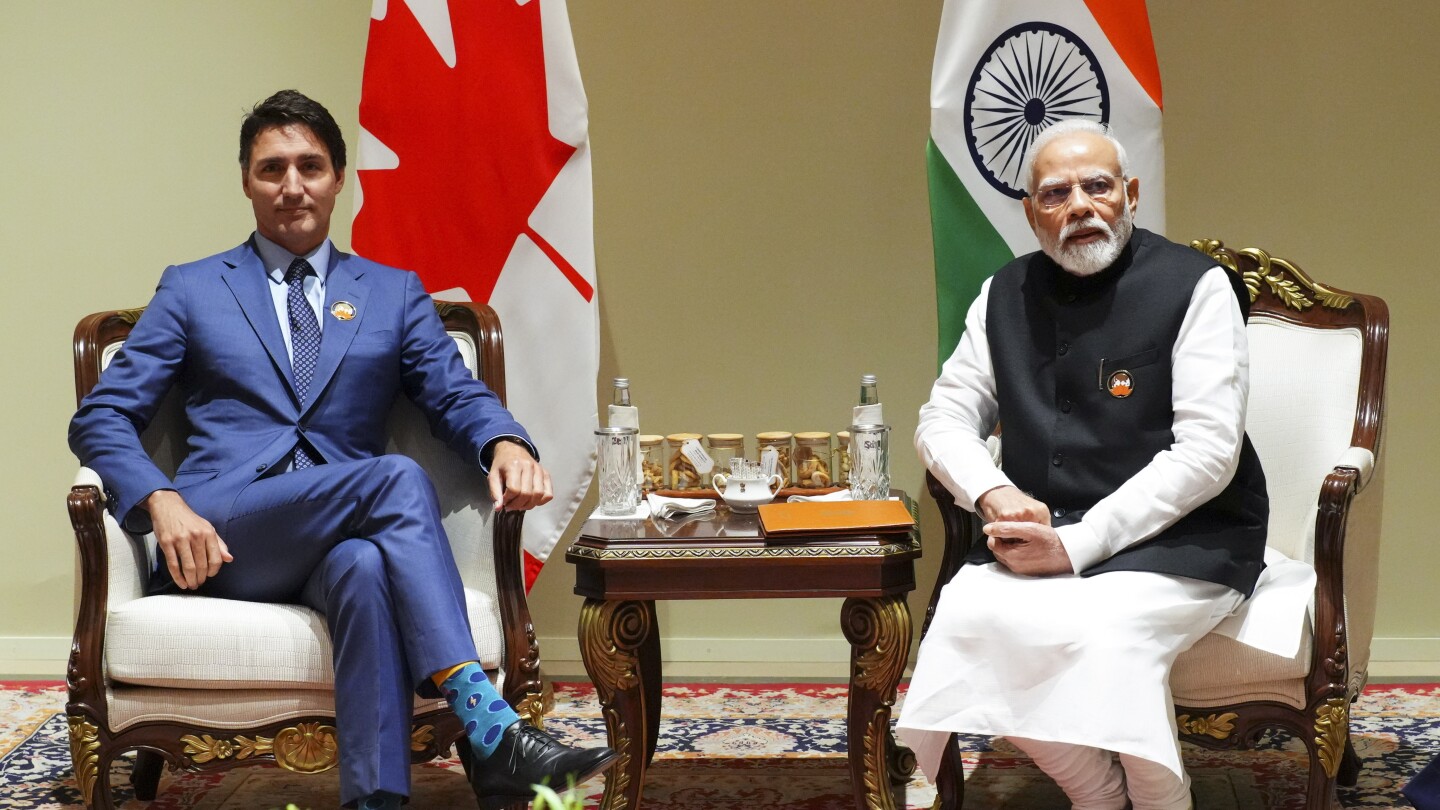The Biden administration is nervously watching a dispute between Canada and India, with some officials concerned it could upend the U.S. strategy toward the Indo-Pacific that is directed at blunting China’s influence there and elsewhere.
Publicly, the administration has maintained that Canadian Prime Minister Justin Trudeau’s allegations that the Indian government may have been involved in the killing of a Sikh separatist near Vancouver are a matter between the two countries.
But U.S. officials have also repeatedly urged India to cooperate in the investigation. Those calls have been ignored thus far by India, which denies the allegations.
Behind the scenes, U.S. officials say they believe Trudeau’s claims are true. And they are worried that Indian Prime Minister Narendra Modi may be adopting tactics to silence opposition figures on foreign soil akin to those used by Russia, Iran, Saudi Arabia and North Korea, all of which have faced similar accusations.



Every country can and will go to great lengths to stop people from trying to infringe on their sovereignty. Dirty tactics (convert killings are honestly not even close to the worst these guys do) are the name of the game.
I’d be very surprised if the us will just let some revolt in Alaska allow it to become an independent nation for example.
Are you comparing a person speaking and maybe even organizing with an actual (presumably armed) revolt?
Because that’s ALSO what Russia does (and China). And what most authoritarians do, too.
Unless I missed the part where the Canadian citizen India assassinated in Canada was somehow engaged in active violent resistance in India.
There’s international agreements to deal with actual criminal activity, and if there was actual criminal activity that India could prove they should have come after the guy they diplomacy not extrajudicial, sovereignty violating murder.
There is no proof of Indian involvement in the murder of Nijjar.
He was accused of anti-national activity, terrorism for which he fled to Canada and applied for residency. It was rejected. He married a Canadian to get citizenship. Formal extradition requests for him were done many times.
He was not a Canadian citizen by birth but was a criminal on the run.
If India did murder him it was unfortunate because it was done in another nation, and it failed the fundamental reason for such act, i.e to reduce terrorism.
Khalistani are not considered terrorists by the west since their activities are concentrated in a non western nation.
deleted by creator